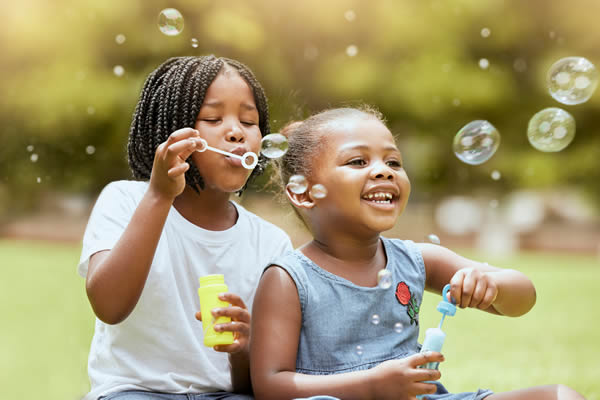Self-care is the practice of caring for the physical, mental, emotional, and spiritual aspects of one’s life. Engaging in activities associated with these aspects fosters a sense of wellbeing. Generally, the idea of self-care is synonymous with adults, however self-care is just as important for children. Learning how to nurture oneself and develop healthy habits that support overall health is important for the times in life when we must deal with life’s stresses.
Helping children develop healthy habits during childhood provides building blocks for greater independence, self-pride, emotional resilience, and a smoother transition into adulthood. Here at Durban Child and Youth Care Centre we currently care for 20 teenage girls, each on her own unique journey. Recently, one of our volunteer’s treated the girls to a donation of facial products. This thoughtful gesture brought immense joy and excitement, as such luxuries are rare for them. It was a reminder of the how the simple act of developing a skin care routine can boost the confidence of a teenager preparing for adulthood.
As caregivers, we play a vital role in modelling self-care and creating opportunities for our children to develop their own practices. Here are just a few ideas of one can use; establish mindfulness through techniques like journaling, deep breathing, listening to music, and spending time in nature; encourage creative expression through engaging in art, music, and dance; promote regular physical activity through outdoor play and participation in sport; learn why nutritious food is important for development and how to make healthy food choices; promote good health through hygiene practices and adequate sleep and rest. By developing these habits early, children learn to manage stress, build resilience, and cultivate a positive sense of self. This not only supports their current sense of well-being but also lays the foundation for a healthier, stronger future.


